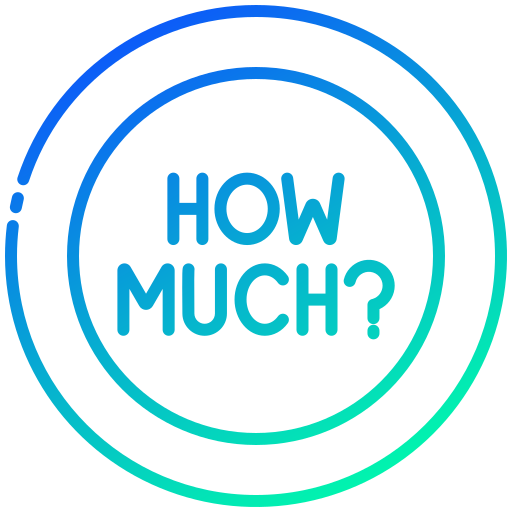How Much Is a Ton? A Comprehensive Guide to Understanding Ton Pricing
When it comes to purchasing materials, whether for personal projects or large-scale industrial applications, understanding the cost per ton is crucial. In this guide, we’ll break down everything you need to know about how much a ton costs, including factors that influence pricing and where to find the best deals.
What Is a Ton?
A ton, also known as a metric ton, is a unit of weight measurement equivalent to 1,000 kilograms or approximately 2,204.62 pounds. It’s commonly used in various industries, from construction to agriculture. The cost of a ton can vary significantly based on the type of material, market demand, and geographical location.
Types of Tons
- Metric Ton (or Tonne): This is the standard ton used in most countries and is equal to 1,000 kilograms.
- Short Ton: Primarily used in the United States, this ton is equal to 2,000 pounds or approximately 907 kilograms.
- Long Ton: Used in the UK, this ton is equal to 2,240 pounds or approximately 1,016 kilograms.
Understanding these distinctions is important when comparing prices, as different regions and industries may use different ton measurements.
Factors Affecting the Cost of a Ton
The price per ton can fluctuate based on several factors:
1. Type of Material
Different materials have varying costs. For example:
- Steel: The price can range from $500 to $800 per ton.
- Coal: This can vary widely but typically costs between $60 and $120 per ton.
- Grain: The price may range from $150 to $300 per ton depending on the type of grain and market conditions.
2. Market Demand
Supply and demand play a significant role in pricing. For instance, during a construction boom, the demand for steel may drive up prices. Conversely, if there’s a surplus of a particular material, prices may drop.
3. Location
Transportation and regional factors can influence the cost. Shipping costs, local regulations, and regional availability can all impact how much you pay per ton.
4. Quality and Specifications
Materials with higher quality or specific characteristics may command a higher price. For example, premium-grade metals or specialized construction materials can cost more than standard versions.
How to Find the Best Prices for a Ton
1. Compare Suppliers
To get the best deal, compare prices from various suppliers. Websites like How Much Is can provide valuable insights and help you find competitive rates for different materials.
2. Consider Bulk Purchasing
Buying in bulk can often lead to discounts. If you’re purchasing large quantities, inquire about bulk pricing to save money.
3. Stay Updated with Market Trends
Keep an eye on market trends and forecasts. Industry news and market reports can help you anticipate price changes and make informed purchasing decisions.
4. Check External Resources
For authoritative information on material prices and industry trends, visit resources like The United States Geological Survey (USGS) which provides detailed reports and data on mineral commodities.
Understanding the cost of a ton is essential for making informed purchasing decisions in various industries. By considering the type of material, market demand, location, and quality, you can better navigate pricing and find the best deals. For more detailed pricing information and comparisons, be sure to check out How Much Is, and for authoritative industry insights, visit the USGS.

Leave a Reply